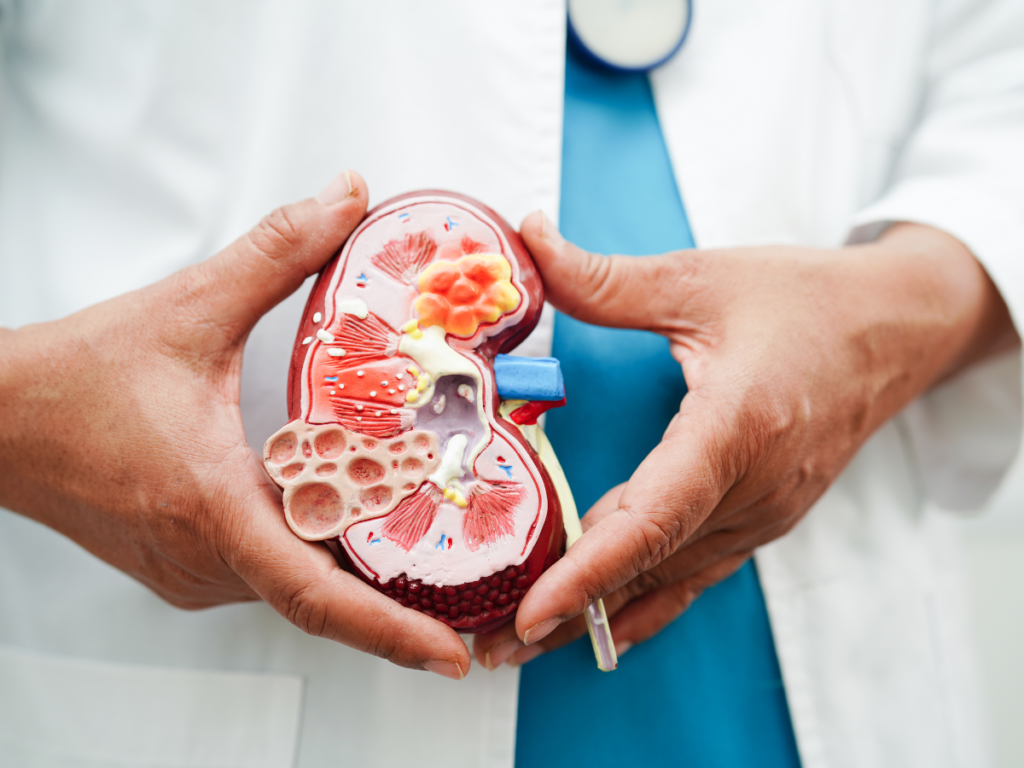Stomach ulcers, also known as peptic ulcers, are open sores that develop on the lining of the stomach or the upper part of the small intestine. They are common digestive issues that can cause significant discomfort and disrupt daily life. Fortunately, with advancements in gastroenterology, these ulcers can be effectively treated, offering patients relief and a better quality of life. At Prime Hospital, we provide cutting-edge gastroenterology solutions tailored to treat stomach ulcers and prevent future complications.
Understanding Stomach Ulcers
Stomach ulcers form when the protective layer of mucus in the stomach or small intestine becomes damaged. This leads to the erosion of the underlying tissue, causing pain and discomfort. The primary causes of stomach ulcers include:
- Helicobacter pylori (H. pylori) infection: A bacterial infection that weakens the stomach lining, making it more susceptible to acid damage.
- Long-term use of nonsteroidal anti-inflammatory drugs (NSAIDs): Medicines like ibuprofen or aspirin can irritate the stomach lining when used for prolonged periods.
- Excessive alcohol consumption or smoking: Both alcohol and smoking can increase stomach acid production and hinder the healing of ulcers.
- Stress: While stress itself does not cause ulcers, it can worsen symptoms and hinder healing.
Symptoms of stomach ulcers include persistent stomach pain, bloating, indigestion, nausea, and in severe cases, vomiting blood or passing black stools. If left untreated, ulcers can lead to complications such as bleeding, perforation, or gastric cancer.
Advanced Gastroenterology Treatments at Prime Hospital
At Prime Hospital, we offer advanced gastroenterology solutions to diagnose and treat stomach ulcers effectively. Our highly experienced team of specialists utilizes the latest medical technologies and treatment methods to address the root causes of stomach ulcers and provide long-lasting relief.
1. Comprehensive Diagnosis
Accurate diagnosis is the first step in treating stomach ulcers. At Prime Hospital, we employ a combination of diagnostic methods to identify the presence of ulcers and determine the underlying causes:
- Endoscopy: A procedure in which a flexible tube with a camera is inserted into the digestive tract to visualize the stomach lining and identify ulcers.
- Helicobacter pylori Testing: Tests such as breath tests, blood tests, or stool samples are used to detect H. pylori infections, which are a leading cause of ulcers.
- Blood Tests: These can help assess anemia or other underlying conditions that may contribute to ulcer formation.
Our gastroenterology specialists will review your symptoms, medical history, and diagnostic results to create a personalized treatment plan tailored to your needs.

2. Medications for Ulcer Healing
Once a diagnosis is made, the treatment of stomach ulcers typically involves a combination of medications aimed at reducing stomach acid, eliminating H. pylori infection, and promoting healing. Common medications include:
- Proton Pump Inhibitors (PPIs): These drugs reduce stomach acid production, allowing the ulcer to heal.
- Antibiotics: If H. pylori infection is present, antibiotics are prescribed to eliminate the bacteria.
- Antacids or H2-receptor antagonists: These medications help neutralize stomach acid and reduce irritation.
- Protective Medications: These drugs, such as sucralfate, form a protective coating over the ulcer to shield it from stomach acid.
Our specialists at Prime Hospital work closely with patients to ensure they are prescribed the most effective medication regimen based on their specific condition.
3. Minimally Invasive Procedures
In some cases, stomach ulcers may require advanced procedures for more effective treatment. If an ulcer has caused significant complications like bleeding, perforation, or scarring, surgical intervention may be necessary. At Prime Hospital, we offer minimally invasive techniques to treat ulcers and minimize recovery times. These procedures include:
- Endoscopic Hemostasis: For ulcers that are bleeding, endoscopy can be used to stop the bleeding using techniques such as cauterization or injection therapy.
- Ulcer Surgery: In cases of severe ulcers that do not respond to medication or cause complications, surgery may be recommended to remove the ulcer or repair any damage to the stomach lining.
4. Lifestyle Modifications
In addition to medical treatments, making lifestyle changes is essential for managing and preventing stomach ulcers. Our gastroenterologists at Prime Hospital emphasize the importance of:
- Avoiding trigger foods: Foods like spicy dishes, caffeine, and acidic foods can irritate the stomach lining and worsen ulcer symptoms.
- Quit smoking and limit alcohol consumption: Smoking and excessive drinking can delay healing and increase the risk of ulcer recurrence.
- Stress management: Incorporating relaxation techniques like yoga, meditation, or deep breathing exercises can reduce stress and promote healing.
- Regular meals: Eating smaller, more frequent meals throughout the day can reduce stomach acid and promote healing.
Why Choose Prime Hospital?
At Prime Hospital, we are committed to providing the best gastroenterology treatments in Panipat. Our experienced team of gastroenterologists is dedicated to delivering compassionate care with a focus on individualized treatment plans. We utilize state-of-the-art diagnostic tools and innovative treatments to ensure the best possible outcomes for our patients.
If you are suffering from stomach ulcers or experiencing symptoms of gastrointestinal discomfort, don’t wait to seek help. Contact Prime Hospital today for a consultation with our expert gastroenterologists and take the first step toward effective treatment and long-term relief.
Conclusion:
Stomach ulcers can be a debilitating condition, but with the right treatment and care, they can be managed and healed. At Prime Hospital, we offer advanced gastroenterology solutions to address the root causes of ulcers and provide comprehensive treatment options that improve your health and well-being. Trust us to guide you through the healing process and help you live a pain-free, healthy life.
